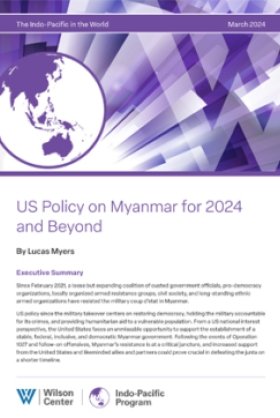#89 Politics and Plebiscites: The Case of Uruguay
By Howard Handelman
On November 30, 1980, Uruguayan voters heavily rejected a government-sponsored proposal for a new constitution and electoral law, The outcome represented an important symbolic defeat for the nation's military-dominated authoritarian regime. Despite its dominance of the mass media and the sharp limitations which it could place on the opposition, the government was unable to convince the electorate that the proposed transfer of authority to a nominally elected civilian administration would be more than a cosmetic operation leaving real power in the hands of a repressive military apparatus. At the same time, the long-dormant political parties--nearly unanimous in their opposition to the government proposal--demonstrated an unexpectedly strong capacity to reorganize on short notice and mobilize the electorate.
While the plebiscite's results placed additional pressures on the regime to accept a true transfer of power to a democratic, civilian government, major obstacles remain in the path of such a transition. The military's capacity for self-delusion may blind it to its lack of popular support. The opposition has yet to present an alternative plan for redemocratization which the military can accept. Finally, once a freely elected civilian government is established, it will still have to fashion solutions for the underlying economic problems (and resulting societal polarization) that first led to the collapse of Uruguayan democracy.
Related Program

Latin America Program
The Wilson Center’s prestigious Latin America Program provides non-partisan expertise to a broad community of decision makers in the United States and Latin America on critical policy issues facing the Hemisphere. The Program provides insightful and actionable research for policymakers, private sector leaders, journalists, and public intellectuals in the United States and Latin America. To bridge the gap between scholarship and policy action, it fosters new inquiry, sponsors high-level public and private meetings among multiple stakeholders, and explores policy options to improve outcomes for citizens throughout the Americas. Drawing on the Wilson Center’s strength as the nation’s key non-partisan policy forum, the Program serves as a trusted source of analysis and a vital point of contact between the worlds of scholarship and action. Read more









